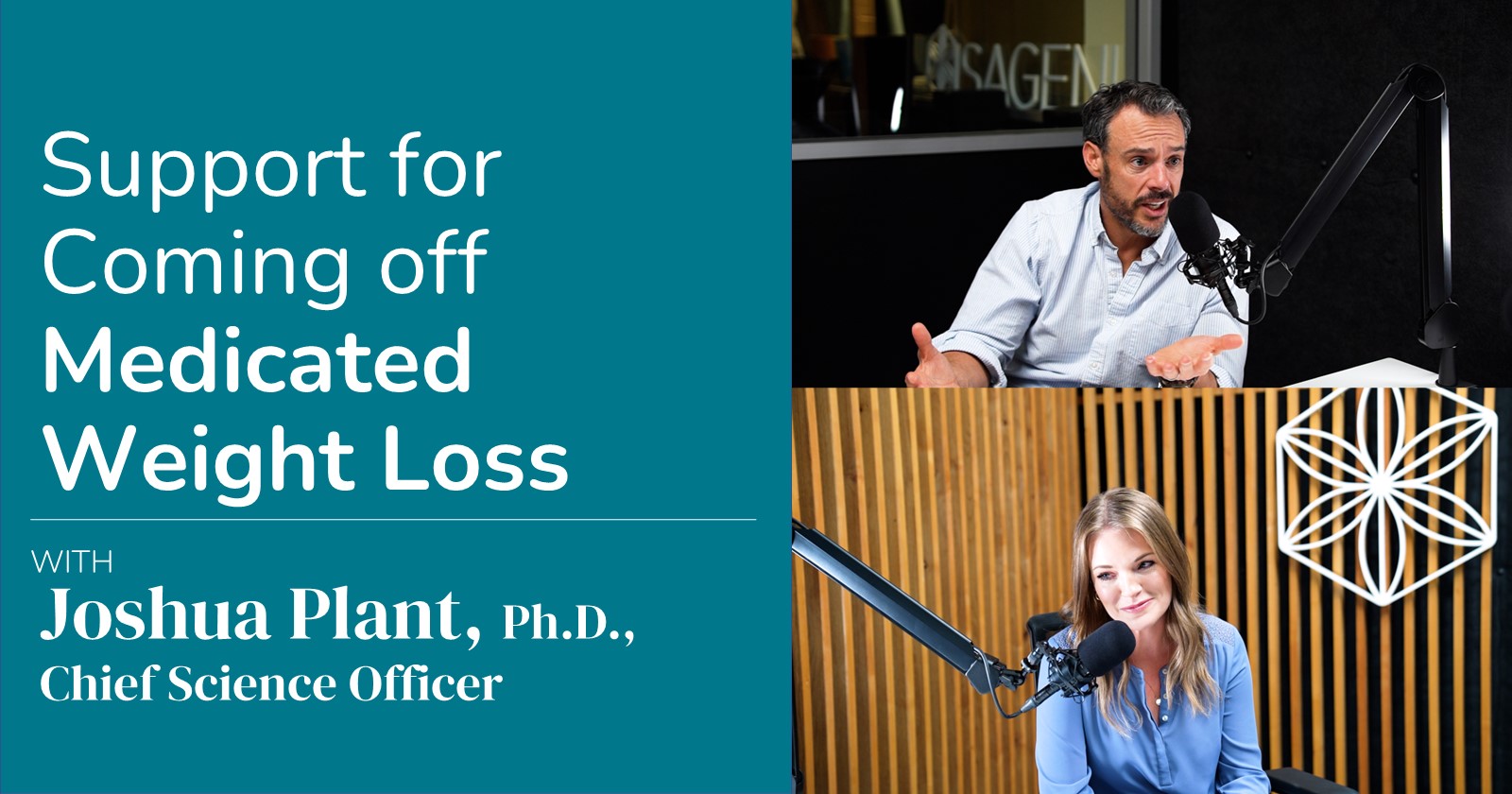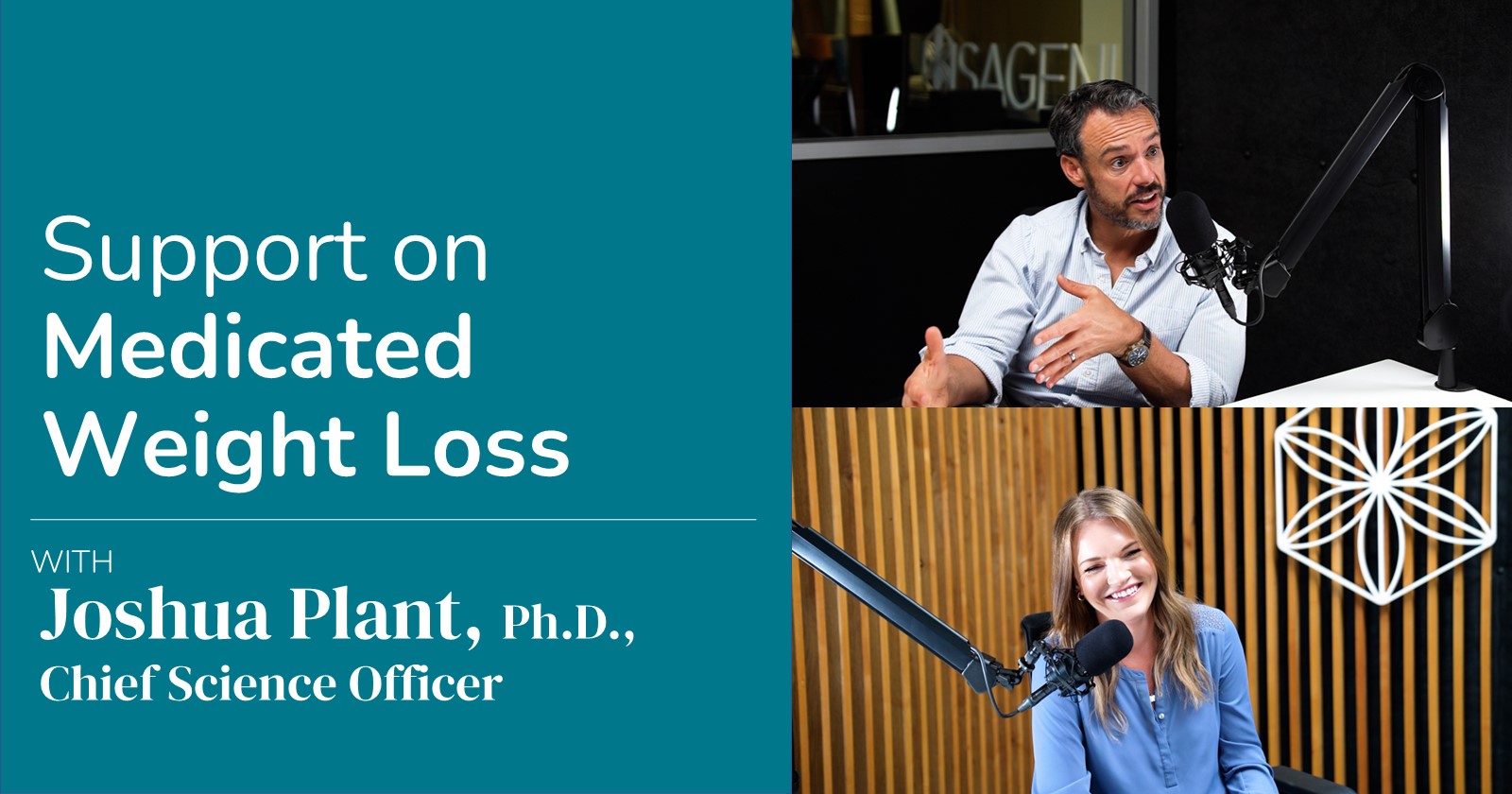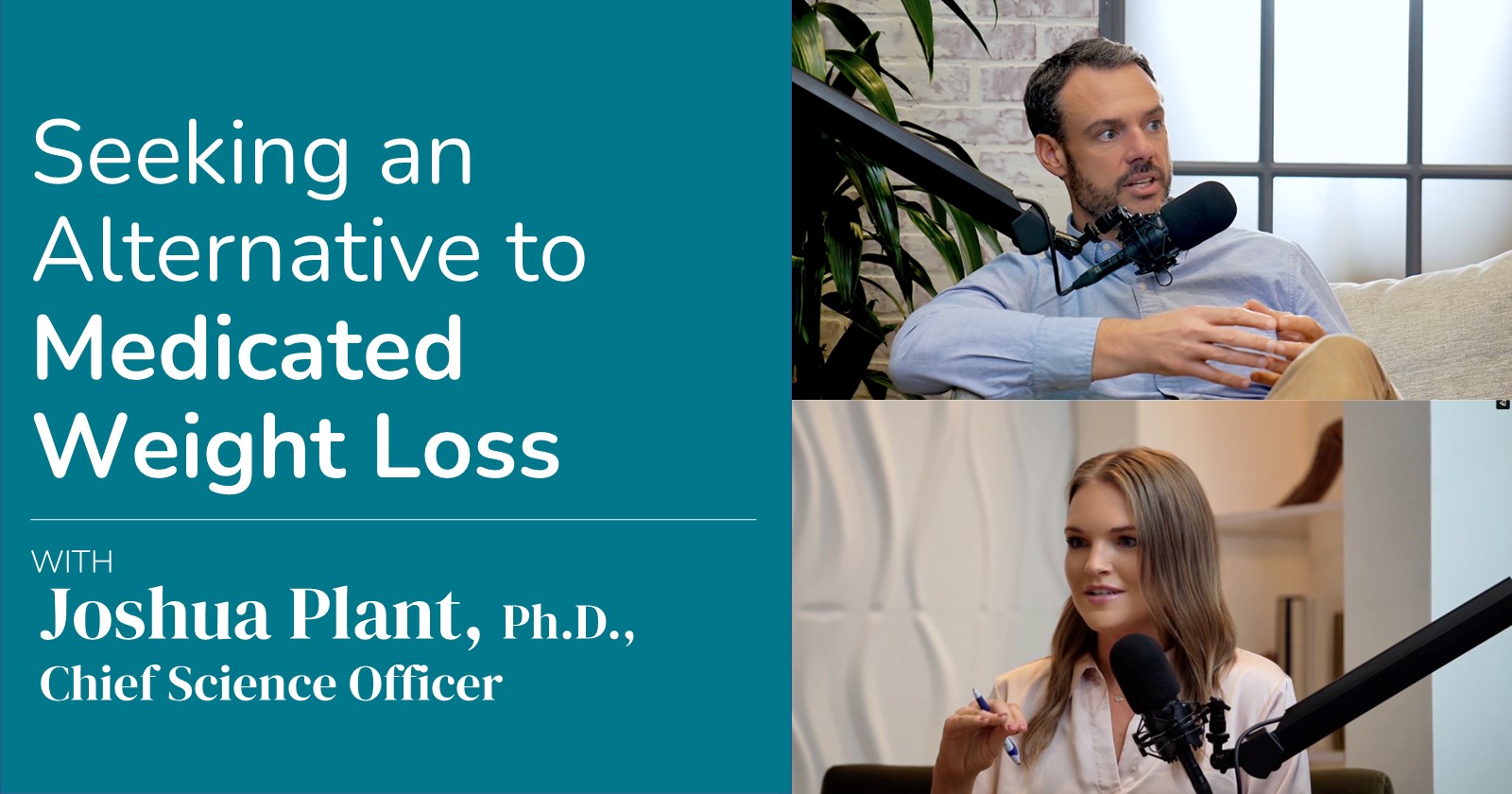While vegetarian and vegan diets aren’t for everybody, ditching meat in favor of a more plant-based diet might help you achieve your weight-loss goals.
Some research supports a link between plant-based diets and a slimmer body. For example, a large population-based study found that on average, those who follow vegetarian diets tend to have a lower BMI than their omnivore counterparts. Similar studies have found a connection between vegetarian and vegan diets, lower body weight, and improvements in long-term health (1-3).
These population-level studies suggest that a plant-based lifestyle might promote long-term health or have benefits for weight loss, but the difference between omnivores and vegetarians might also be explained by broader differences in lifestyle. On average, vegans and vegetarians tend to drink less, smoke less, and exercise more than the general population — all healthful choices that protect against excess weight gain over time (4).
However, when researchers directly compare plant-based diets to other meal plans in randomized studies, the weight-loss benefits of vegetarian diets continue to stand out. In an analysis of 12 separate controlled trials, investigators found that study participants who were assigned to vegan and vegetarian diets lost significantly more weight than those assigned to other diet plans (5).
Although research suggests that vegetarian and vegan diets might be beneficial for supporting weight loss, the reasons for this benefit aren’t completely clear. It may be that plant-based diets are generally higher in fiber and lower in fat. Another often overlooked benefit is that making a big change in your lifestyle can help you replace your old habits with new, healthier choices. When you are working toward improving your health or losing weight, it’s not always obvious which old habits are holding you back. Finding a way to shake up your routine can offer a fresh start and help you reshape your habits for better health.
If your goal is weight loss, adding more plant-based meals or even trying out a vegan meal plan could be the change you need to kick-start your progress. Switching to a plant-based diet might also help get the ball rolling again if your weight loss has stalled. If you are curious to try a plant-based eating plan for yourself, these three tips will help you get started.
1. Focus on protein.
It’s not hard to get the right amount of protein from a plant-based diet. Beans, peas, and lentils are some of the best sources, along with nuts and seeds. Make sure to include protein in every meal to help you stay on target. Plant-Based Whole Blend IsaLean® Shakes and Bars are a convenient option and an excellent source of plant-based protein that provide 19 to 24 grams per serving.
2. Eat a rainbow of fruits and vegetables.
Choosing from a variety of fruits and vegetables throughout the week can help you get the most benefit from plant-based nutrition. A simple rule of thumb is to choose a rainbow of colors to get the best variety. Red tomatoes, yellow sweet peppers, and green broccoli are a few examples of foods that bring more color to your plate.
3. Explore new flavors and enjoy old favorites.
If meat-free meals aren’t normally part of your menu, trying a vegetarian or vegan meal plan is a great opportunity to explore new foods and new culinary traditions. Many regional cuisines from around the world offer delicious vegetarian and vegan choices. Of course, there’s no need to forgo all of your favorites to try a plant-based diet. Many familiar comfort foods can be easily modified with vegetarian and vegan options, too.
No matter your dietary preferences, getting more plant-based nutrition in your day can benefit you. Research suggests that vegetarian and vegan diets can be helpful for supporting weight loss. Experimenting with plant-based nutrition, whether for a few meals or a few weeks, might even be a way to shake up your routine and help you replace old habits with healthy new choices.
References
- Spencer EA, Appleby PN, Davey GK, Key TJ. Diet and body mass index in 38000 EPIC-Oxford meat-eaters, fish-eaters, vegetarians and vegans. Int J Obes Relat Metab Disord. 2003 Jun;27(6):728-34.
- Dinu M, Abbate R, Gensini GF, Casini A, Sofi F. Vegetarian, vegan diets and multiple health outcomes: a systematic review with meta-analysis of observational studies. Crit Rev Food Sci Nutr. 2016 Feb; 6:0.
- Key TJ, Appleby PN, Crowe FL, Bradbury KE, Schmidt JA, Travis RC. Cancer in British vegetarians: updated analyses of 4998 incident cancers in a cohort of 32,491 meat eaters, 8612 fish eaters, 18,298 vegetarians, and 2246 vegans. Am J Clin Nutr. 2014 Jul;100 Suppl 1:378S-85S.
- Appleby PN, Thorogood M, Mann JI, Key TJ. Low body mass index in non-meat eaters: the possible roles of animal fat, dietary fibre and alcohol. Int J Obes Relat Metab Disord. 1998 May;22(5):454-60.
- Huang RY, Huang CC, Hu FB, Chavarro JE. Vegetarian Diets and Weight Reduction: a Meta-Analysis of Randomized Controlled Trials. J Gen Intern Med. 2016 Jan;31(1):109-16.





